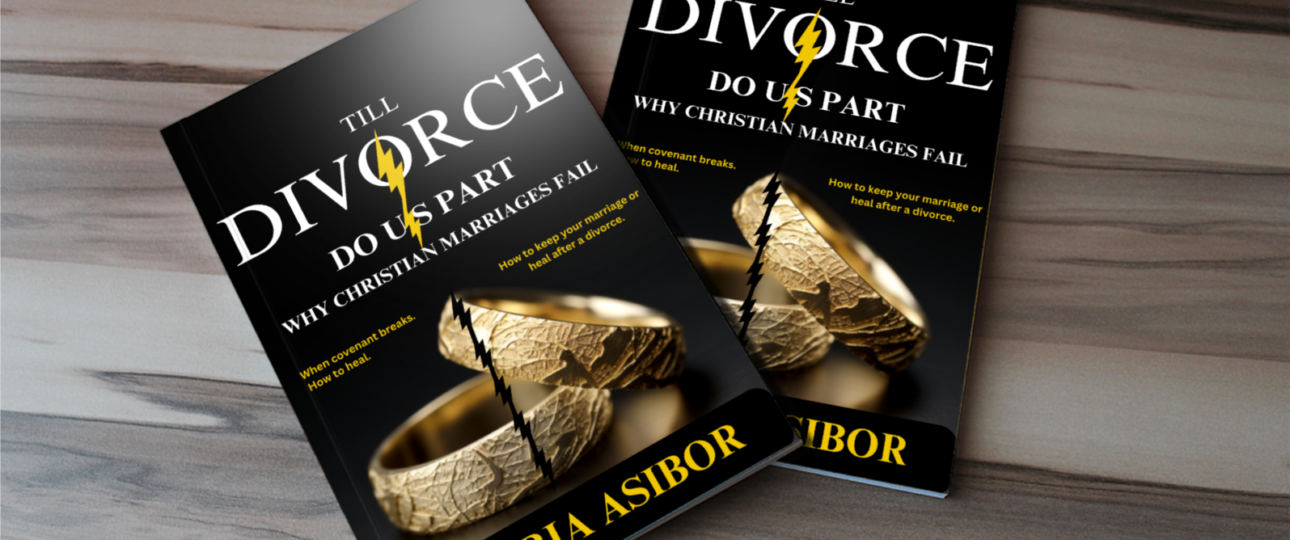Till Divorce Do Us Part: The Fantasy of Perpetual Romance
Many couples enter marriage with the expectation that the initial feelings of love and romance will last forever. This “honeymoon phase” is often expected to be a permanent state, fueled by movies, books, and sometimes even well-intentioned sermons that emphasize the joy and happiness of marriage.
The Idealization of Love
The idea of an everlasting honeymoon phase may be comforting, but it’s not entirely biblical or realistic. While the Bible does speak highly of love—as seen in 1 Corinthians 13, the famous “love chapter”—it also presents love as an action and a choice, rather than a perpetual emotional state. Ephesians 5:25 commands, “Husbands, love your wives, just as Christ loved the church and gave himself up for her.” Here, love is portrayed as a sacrificial act, not merely an emotion.
The Risk of Disappointment
When reality does not meet the fantasy of perpetual romance, disappointment can set in, potentially leading to larger issues in the marriage. This is where the concept of “agape” love, as mentioned in the New Testament, becomes vital. Agape love is selfless, sacrificial, unconditional love. It’s the love that Christ has for His church and the kind of love Paul encourages spouses to have for each other in Ephesians 5:1-2: “Follow God’s example, therefore, as dearly loved children and walk in the way of love, just as Christ loved us and gave himself up for us as a fragrant offering and sacrifice to God.”
A Shift in Perspective
Letting go of the fantasy of perpetual romance requires a shift in perspective. Couples must learn to anchor their expectations in biblical truths rather than cultural ideals. After all, Matthew 6:33 reminds us, “But seek first his kingdom and his righteousness, and all these things will be given to you as well.”
The Fallacy of ‘Completing’ Each Other
Many couples go into marriage with the idea that their spouse will “complete” them, filling all emotional, psychological, and even spiritual voids. This notion is often romanticized in media, suggesting that two ‘halves’ become a ‘whole’ when united in marriage.
The Biblical Reality
While it is true that marriage is a divine institution intended for companionship and mutual support, nowhere does the Bible imply that a spouse is meant to complete the other. According to Genesis 2:18, “The Lord God said, ‘It is not good for the man to be alone. I will make a helper suitable for him.'” The emphasis here is on “helper” and “suitable,” not on completing an incomplete person. In God’s design, each individual is a complete creation, capable of a relationship with Him independently of their marital status.
The Pitfalls of this Mindset
The belief that a spouse can ‘complete’ you can lead to unhealthy dependency, placing an unfair burden of expectation on the other person. It can also cause individuals to overlook the need for a personal, fulfilling relationship with God, who is the only one capable of ‘completing’ us in the truest sense. As Colossians 2:10 states, “And in Christ, you have been brought to fullness. He is the head over every power and authority.”
This is an excerpt from my book “Till Divorce Do Us Part: Why Christian Marriages Fail”
Shalom
Osoria Asibor

